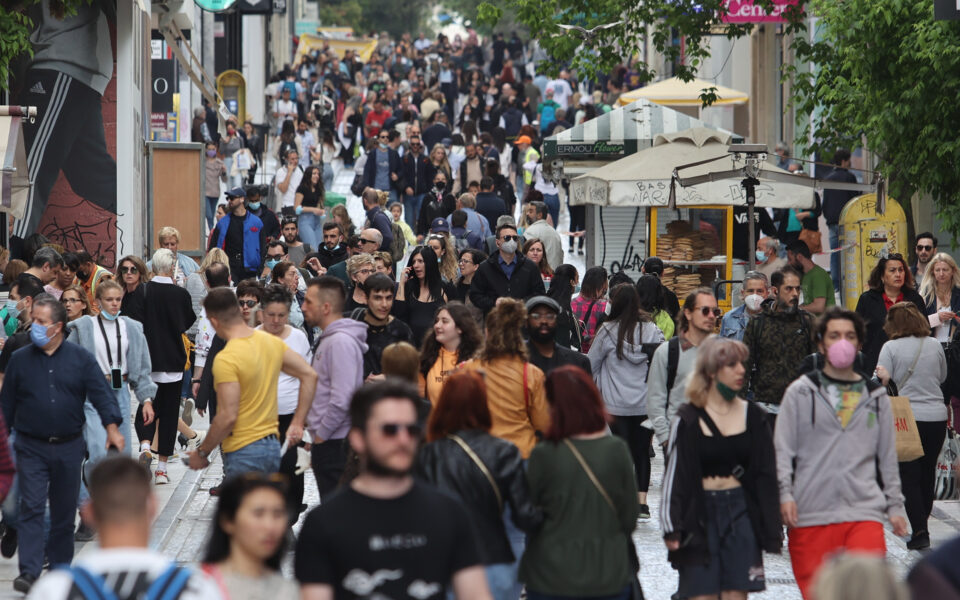The Gates of the Inexplicable

We have always been a country that loved gossip and conspiracy theories. It’s part of our political DNA and something that always makes an impression on those who don’t live in Greece. It doesn’t impress as much any longer, though, because internet gossip and conspiracy theories flourish even in countries that used to be famous for rational public discourse. It is a tsunami that has led to paralysis and extreme situations in the political system of, for example, the United States.
The problem is, we already had the penchant for conspiracy theories and unfiltered gossip, and then along came social media and the whole thing took off. Lately, I’ve been hearing things that impress me. Sometimes they make me feel dull, unsuspecting and unimaginative.
Shortly after the deadly train crash at Tempe, central Greece, in February this year, a person I considered as serious called me to tell me that one train carriage was carrying chemicals from the Ukraine and that the Russians blew it up to punish Prime Minister Kyriakos Mitsotakis for his pro-Ukraine stance in the war. I asked where this information had come from and got the familiar and confounding response: “I read it online.”
A few weeks ago, another friend who tours many rural towns as part of his job and always has his ear to the ground, explained what many citizens think about the meteoric rise of Stefanos Kasselakis, the newly elected leader of the main opposition. They think that he was “created” by “the Americans.” Why? So that Mitsotakis will have a powerless opposition against him “when he divides the Aegean [with Turkey].” A few days later, I was eating with a group of people who are considered “cool” and cosmopolitan. They offered me the exact same theory. When I started asking who exactly thought of all this and created it, I didn’t get a clear answer but I heard that stock answer: “You tell me. You’re the one who investigates these things, you must find out.” As the conversation was ending, another interlocutor turned to me and said, with a knowing smile: “Do you really think it’s a coincidence that Kasselakis appeared just after [former chair of the Senate Foreign Relations Committee Bob] Menendez was taken down?” It was the icing on the cake.
I would not have written all this if a taxi driver had not opened my eyes to another serious issue. He began to explain how big a problem traffic accidents are and how many people are killed or maimed in his area. “But, my friend,” he added, “what is the government in Athens to do? It’s the Europeans who don’t let them enforce the speed limits.” “Why?” I asked. “Well, because they want to finish us off. I went abroad and saw that they have cameras everywhere and they don’t let you speed.”
I admit to some kind of admiration for those who make up these theories, either to get more clicks or to manipulate public opinion for some particular reason. Their imagination is limitless and I take my hat off to them. And I also understand those who believe them; it’s like revenge on a system that they feel has pushed them off the cliff. But if even the elite – with or without quotation marks – also passes through the Gates of the Inexplicable to interpret what is happening around us, then we have a serious issue understanding reality.





